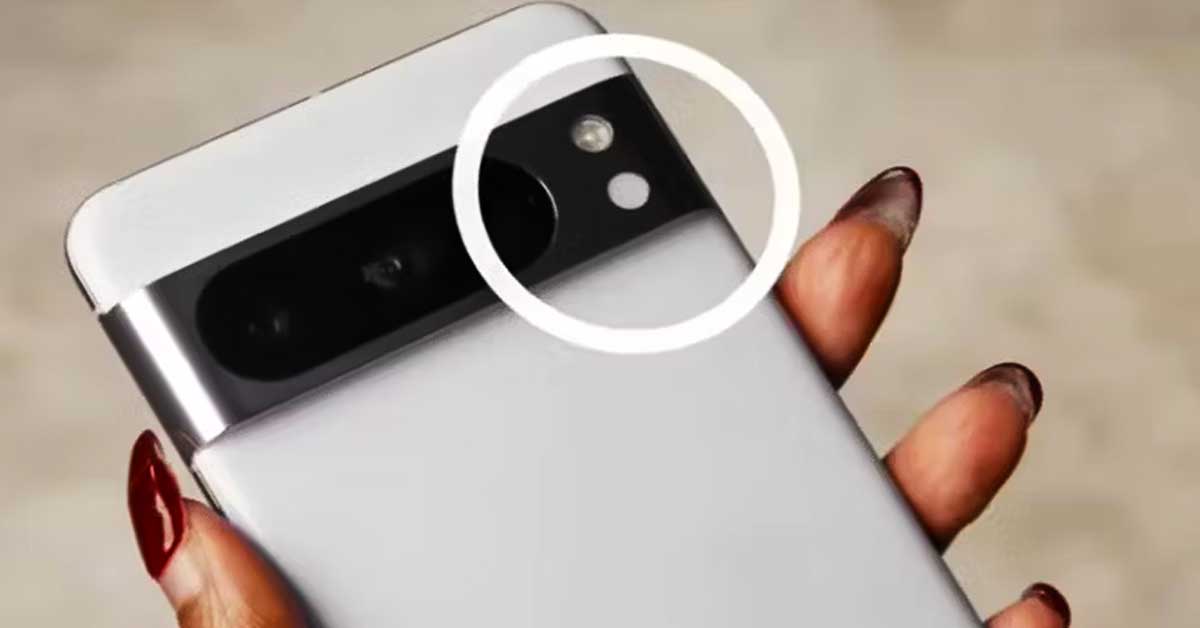In the ever-evolving world of smartphone cameras, Google Pixels have carved out a special place for themselves. Renowned for its exceptional camera capabilities, Google has consistently invested in computational photography, setting the Pixels apart from the competition.
The Pixels have raised the bar with each new generation, and the upcoming Pixel 8 series is no exception. This article is based on leaked camera specifications for the Google Pixel 8 series and predictions about its features.
Before Pixel 8, Let's start with The Pixel 6 Series.
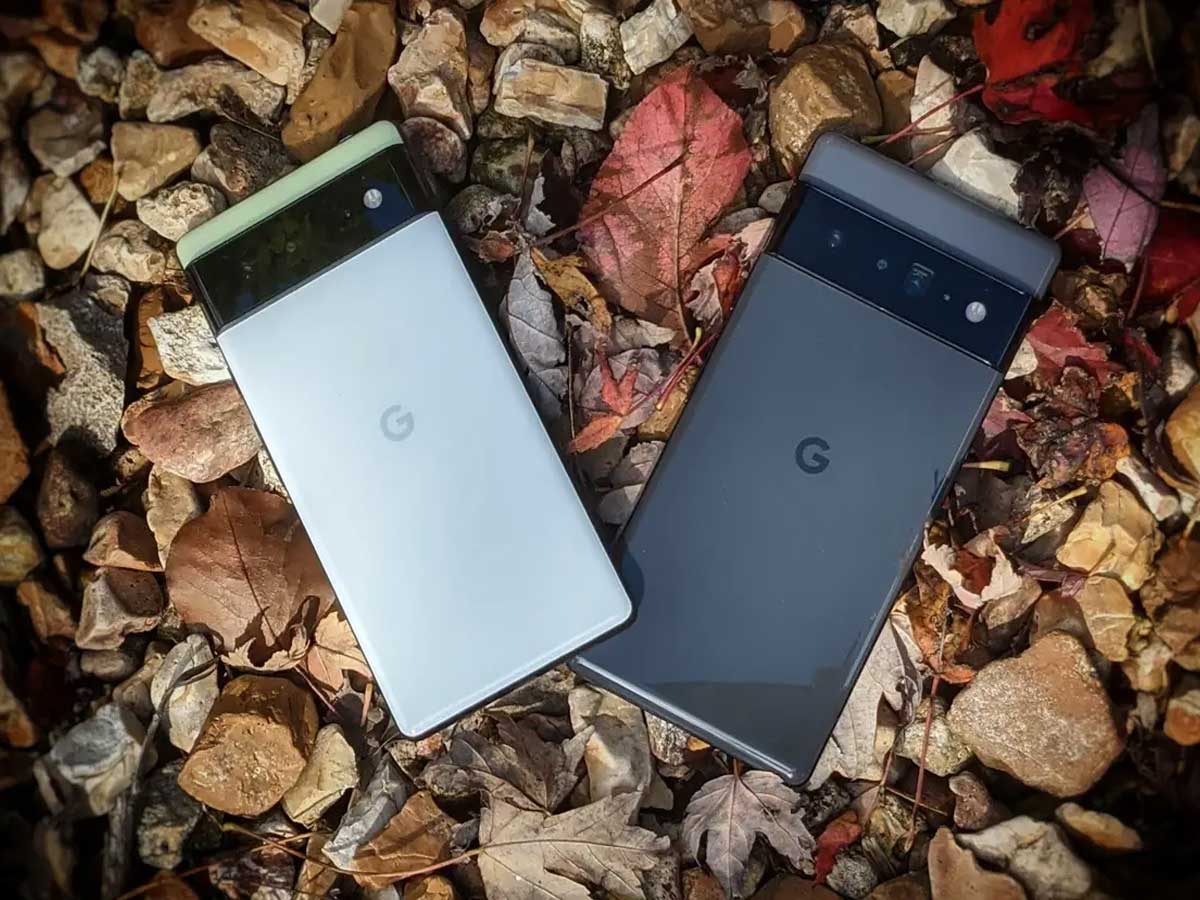
The Pixel 6 series marked a significant milestone for Google, introducing major camera hardware upgrades that impressed users and critics alike. While the hardware plateaued in previous iterations, Google listened to feedback and decided to revamp the camera setup in the Pixel 6 series.
One noteworthy change was the replacement of the aging primary sensor with the Samsung ISOCELL GN1, which resulted in enhanced image quality and improved low-light performance.
Building upon the success of the Pixel 6 series, the Pixel 8 series promises even more substantial hardware upgrades.


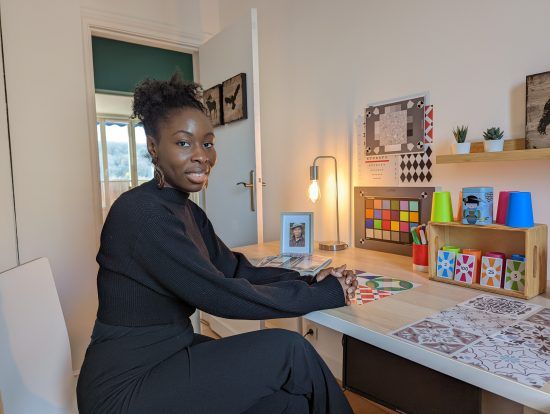
The standout improvement lies in replacing the Samsung ISOCELL GN1 sensor with the ISOCELL GN2. This upgraded sensor boasts a larger size, capturing approximately 35% more light than its predecessor.
The result? Brighter low-light images and faster shutter speeds, reducing blur and ensuring crisp, detailed photos.
The Pixel 8 Series: What We Know So Far
Another exciting addition to the Pixel 8 series is the implementation of Staggered HDR technology. This innovative feature reduces the delay between frames captured for High Dynamic Range (HDR) images, minimizing ghosting and speeding up the capture process.
By leveraging this technology, Google aims to push the boundaries of its renowned HDR+ capabilities, delivering faster and more reliable shots in various lighting conditions.

Pixel 8 Pro: Elevating the Ultrawide Experience
The Pixel 8 Pro takes the camera experience to new heights with many upgrades. Notably, the ultrawide camera receives a significant overhaul. The outdated 12MP Sony IMX386 sensor is replaced by the much-improved 64MP Sony IMX787, the same sensor found in the primary camera of the Pixel 7a.
This substantial upgrade offers nearly double the sensor size, translating to vastly improved image quality when capturing wide-angle shots. Additionally, Google has widened the lens, enhancing the field of view and immersing users in a truly immersive photography experience.
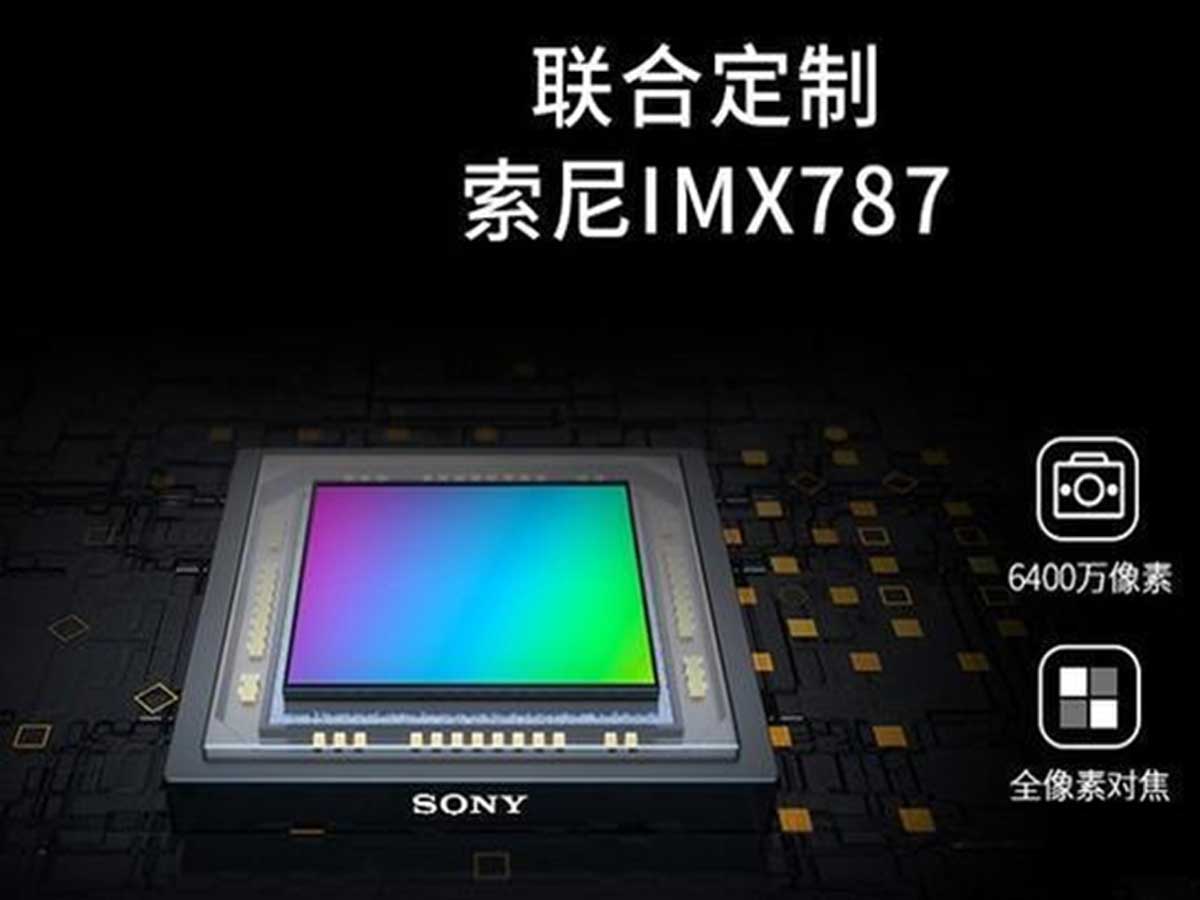
While the ultrawide camera upgrade in the Pixel 8 Pro steals the spotlight, Google still needs to pay attention to the regular Pixel 8.
Although the camera sensor remains the same as the Pixel 6 series (Sony IMX386), Google has widened the lens slightly. This improvement results in a more expansive field of view, allowing users to capture a broader perspective with their regular Pixel 8.
Advancements in Depth Sensing & Steady Continuity
In terms of the telephoto and selfie cameras, Google has opted for continuity. The Pixel 8 Pro retains the same 5x telephoto module as its predecessor, the Pixel 7 Pro, ensuring consistent zoom capabilities.
Likewise, the 11MP selfie camera from the Pixel 7 series remains unchanged, ensuring that selfie enthusiasts can easily capture stunning self-portraits.
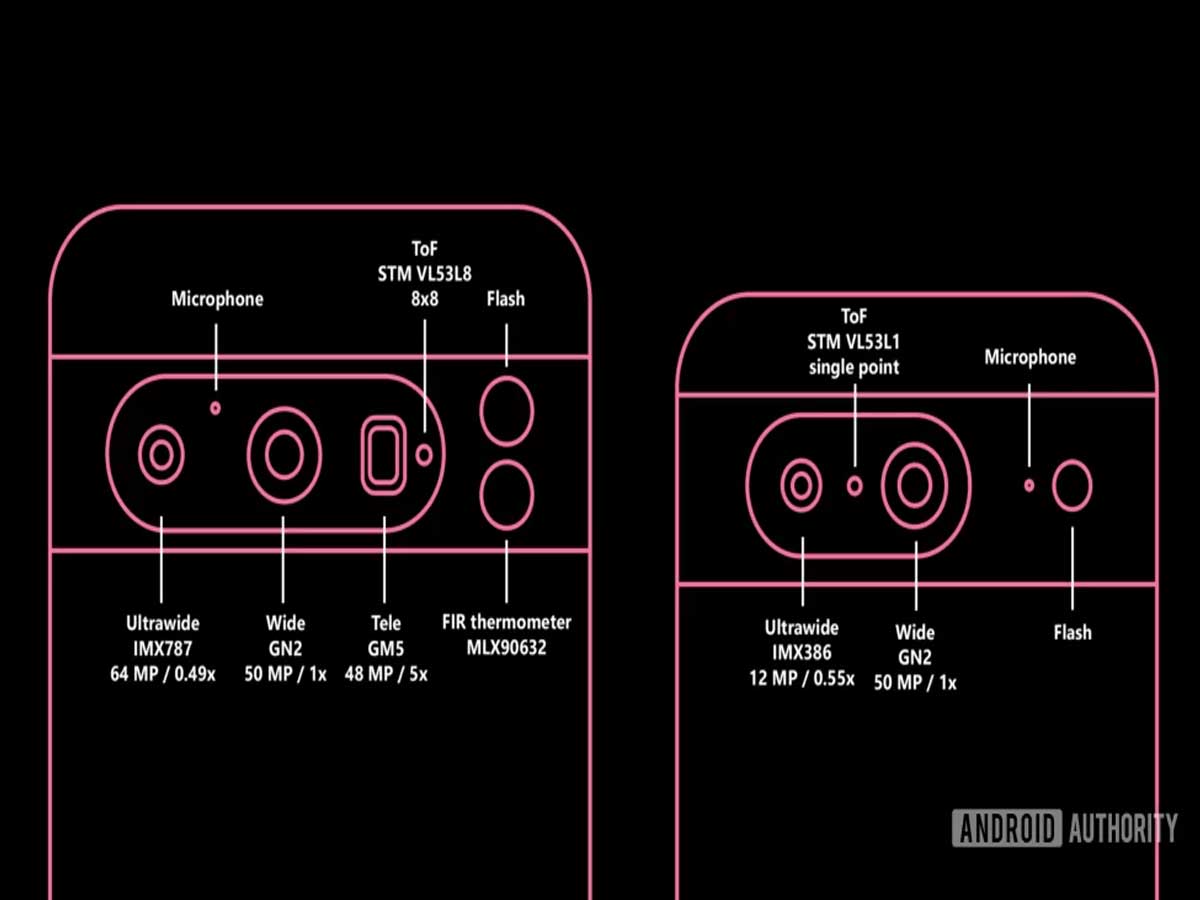
Regarding depth sensing, Google has implemented different approaches in the Pixel 8 series. The regular Pixel 8 retains the older.
The VL53L1 time-of-flight (ToF) sensor aids in autofocus and depth mapping. On the other hand, the Pixel 8 Pro features an impressive 8x8 ToF VL53L8 sensor, a notable improvement over its predecessor.
While it may not match the versatility of a LiDAR camera sensor, such as the one found in the iPhone 14 Pro, the new sensor significantly enhances autofocus accuracy, resulting in more reliable and precise focusing.
A Unique Addition: FIR Thermometer Sensor
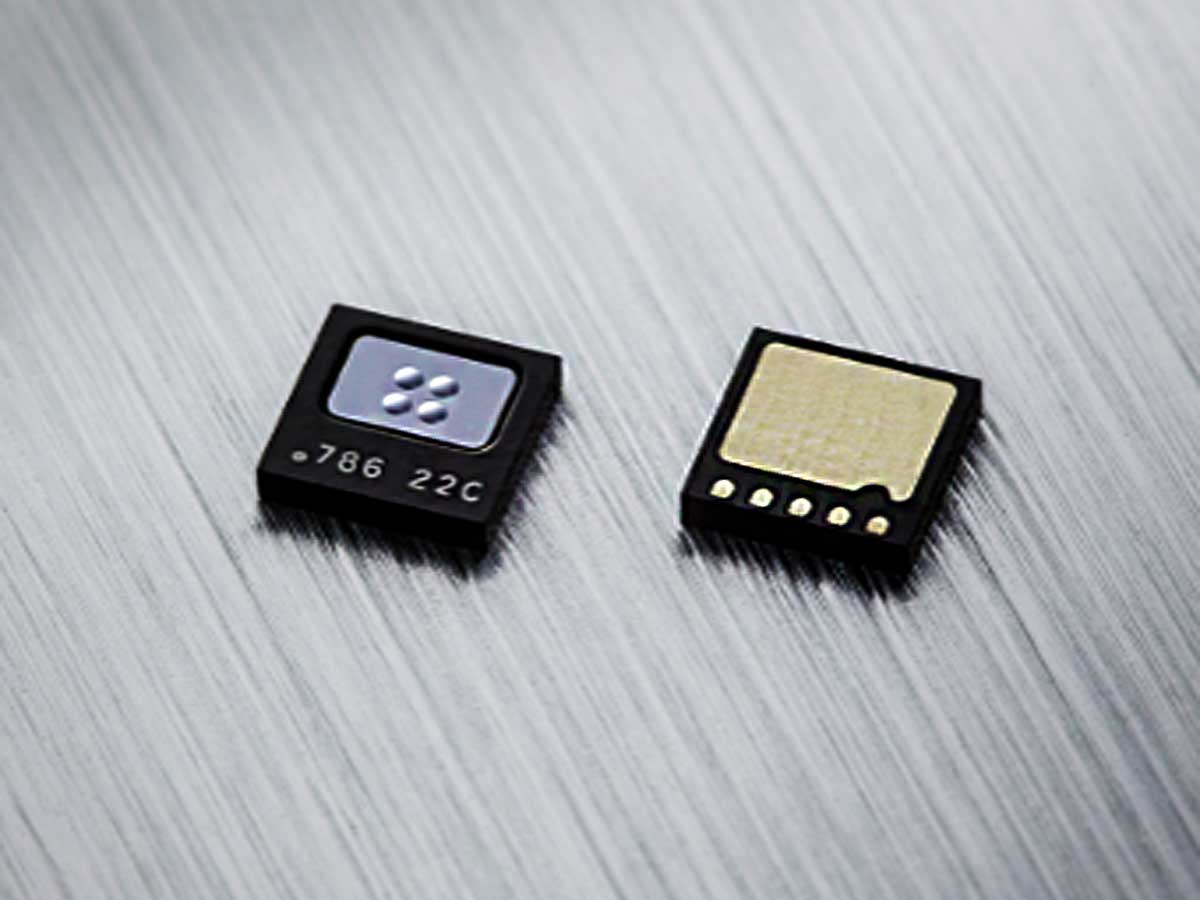
In a surprising move, the Pixel 8 Pro introduces a unique feature—an FIR thermometer sensor.
While speculation swirled around the possibility of a full thermal camera, it's important to clarify that the Melexis MLX90632 sensor is primarily designed for high-precision non-contact temperature measurements, including body temperature.
Google has incorporated this fairly expensive sensor into the Pixel 8 Pro, further enhancing its functionality beyond traditional smartphone capabilities.
Powerful Software Features: Enhancing the Pixel 8 Camera Experience
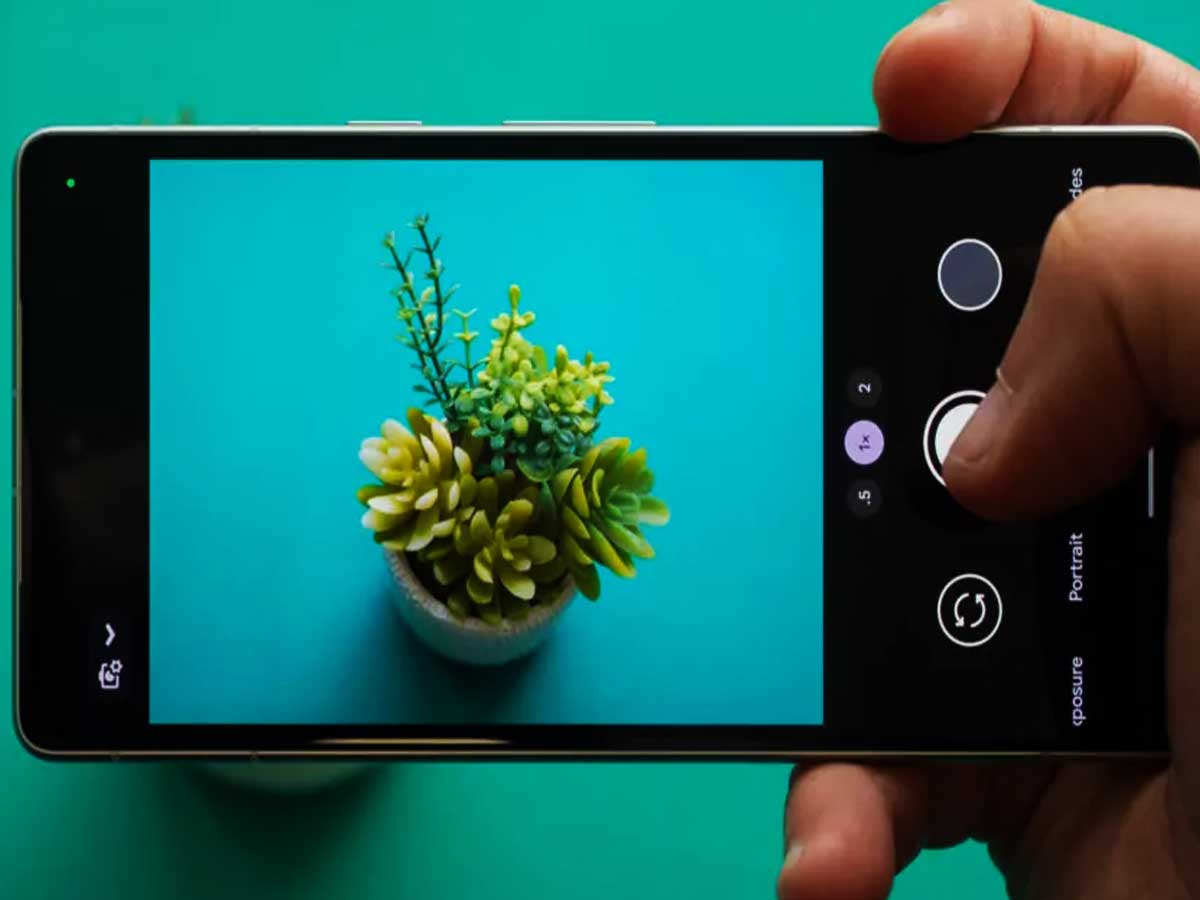
In addition to the impressive hardware upgrades, Google has also made strides in refining the camera software. Several noteworthy features and enhancements are expected in the Pixel 8 series, further enhancing the overall camera experience.
One of these features is the adaptive torch, a dynamic flash intensity adjustment based on the scene and capture mode. This intelligent flash control mitigates the risk of overexposed shots, ensuring optimal lighting in low-light photography, even when using the flash.
Furthermore, Google plans to introduce scene segmentation with the Pixel 8. Leveraging artificial intelligence, the camera software will intelligently segment the scene and selectively apply different processing to specific image parts.
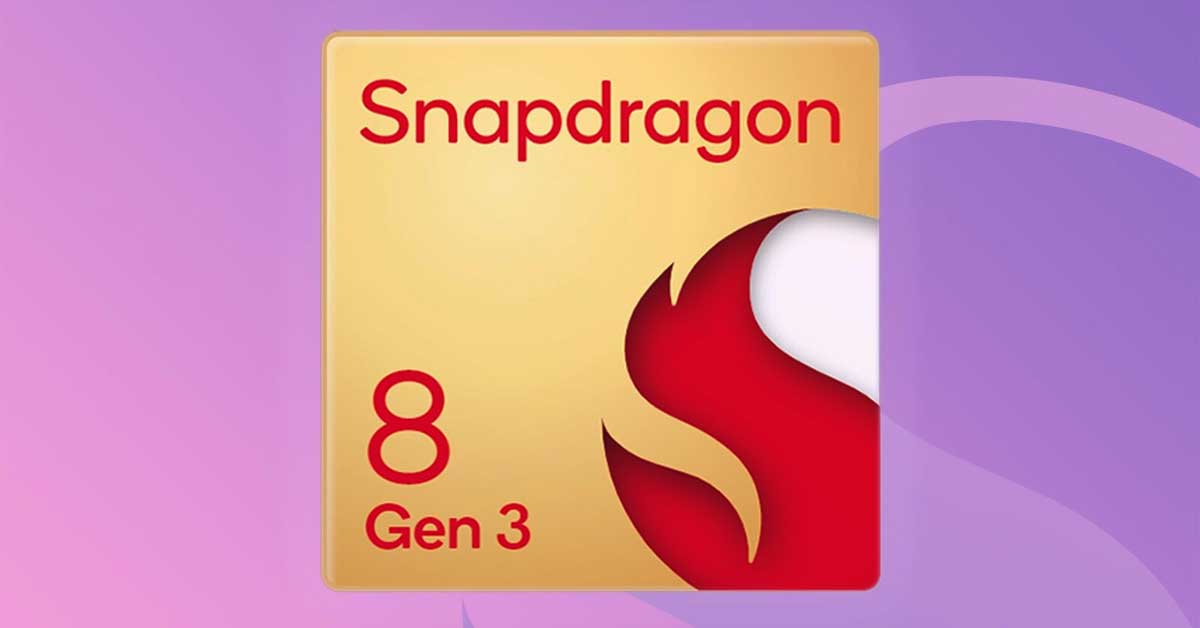
This approach, similar to Qualcomm's feature for the Snapdragon 8 Gen 2, promises to optimize image quality by tailoring processing techniques to different elements within the frame.
Additionally, Google may introduce a video bokeh blur level selection for the Pixel 8's cinematic mode. Initially introduced in the Pixel 7 series, the cinematic mode allows users to capture professional-looking videos with background blur, simulating the depth of field effect in cinema cameras.
The ability to adjust the bokeh blur level adds a new level of creative control, enabling users to customize the aesthetic of their videos.
The Future of Mobile Photography
With the Pixel 8 series, Google continues its quest to establish itself among the frontrunners in mobile photography. Through significant hardware upgrades, including sensor improvements, wider lenses, and enhanced depth sensing capabilities, the Pixel 8 series is poised to deliver exceptional image quality and an immersive camera experience.
Moreover, the software enhancements, such as an adaptive torch and scene segmentation, further elevate Pixel 8's camera capabilities, catering to casual and professional photographers.
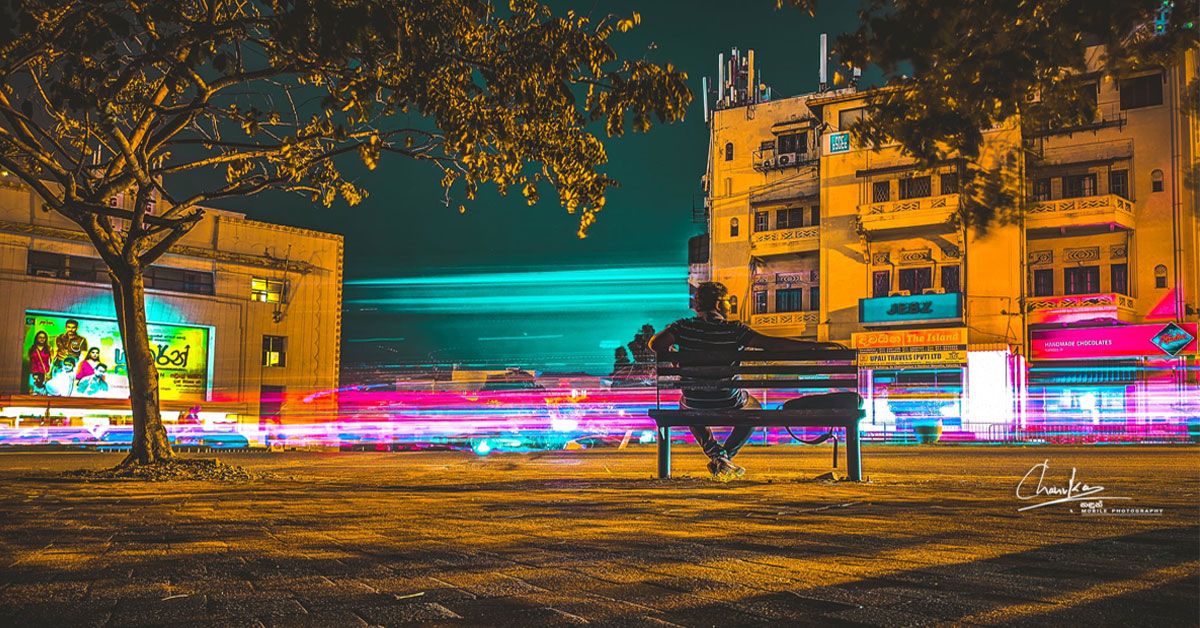
If you're a photography enthusiast or simply seeking a smartphone that excels in capturing stunning visuals, the Google Pixel 8 series is undoubtedly worth considering.
With its compelling improvements in hardware and software, Google aims to solidify its position among the best in mobile photography. Get ready to witness a new era of smartphone cameras with the Google Pixel 8.
Sources: androidauthority.com / store.google.com
